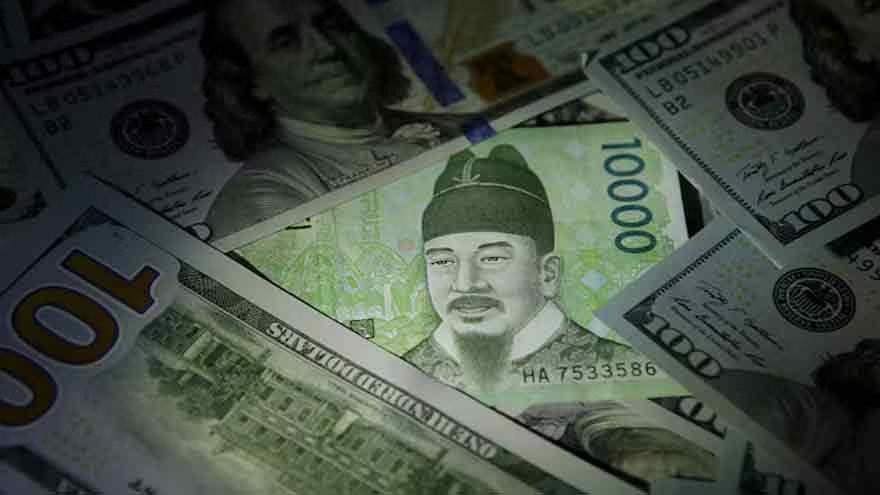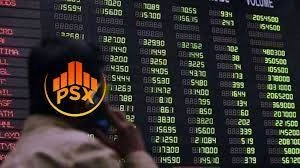The US-South Korea currency deal has eased tensions between the two allies after Washington confirmed that South Korea is not manipulating its currency for trade advantage. A spokesperson for President Lee Jae Myung announced the development on Sunday, clarifying that Seoul does not fall under the currency manipulator designation that the U.S. Treasury Department reviews twice a year. This agreement reflects a key step in maintaining economic cooperation between the two nations while managing trade and investment challenges.
US-South Korea Currency Deal and Treasury’s Decision
The latest US-South Korea currency deal comes after months of scrutiny. In November, the Biden administration had placed South Korea on its monitoring list, citing its large current account surplus and a notable trade surplus with the United States. The move echoed earlier steps taken during the Trump administration, which had also kept Seoul under watch.
However, the recent confirmation ensures that South Korea is not labeled as a manipulator under the 2015 U.S. Trade Facilitation and Trade Enforcement Act. This law allows Washington to impose “remedial action” if a country deliberately undervalues its currency to gain trade benefits. By exempting Seoul from such action, the U.S. has reassured markets and reinforced bilateral ties.
Why the US-South Korea Currency Deal Matters
The US-South Korea currency deal is significant because it safeguards Seoul from facing penalties or restrictions that could disrupt trade flows. For South Korea, which depends heavily on exports, avoiding the manipulator label helps maintain stability in its financial markets and protects investor confidence.
According to data from the Bank of Korea, the country’s current account surplus stood at $6.9 billion in July 2025, reflecting resilience despite global economic uncertainties. Maintaining a strong trade relationship with the U.S., its second-largest export market, remains vital for South Korea’s growth trajectory.
Currency Deal Not Linked to Swap Talks
While the US-South Korea currency deal addresses the manipulation issue, South Korean officials clarified that it is not directly connected to discussions over a potential currency swap. Talks around a $350 billion investment linked to tariffs have fueled debates in both countries. President Lee recently told Treasury Secretary Scott Bessent in New York that Seoul requires a foreign exchange swap to fulfill its commitments, but Finance Minister Koo Yun-cheol emphasized that the deal on manipulation remains separate.
This distinction highlights that while the two allies are working closely, multiple layers of negotiations are still ongoing. Avoiding confusion between the manipulation designation and tariff-related talks has become crucial to maintaining transparency in diplomacy.
South Korea’s Economic Concerns
The US-South Korea currency deal also comes at a time when Seoul faces pressure over its commitments in tariff negotiations. President Lee has warned that paying $350 billion upfront, as suggested by Donald Trump in recent talks, could risk triggering an economic crisis reminiscent of the 1997 Asian financial meltdown. South Korea’s leadership has stressed the need for safeguards to protect its economy while fulfilling long-term investment promises.
Finance Minister Koo added that South Korea is open to exploring flexible approaches but cannot compromise its financial stability. The country’s GDP growth rate, forecasted at 2.1% for 2025, underlines the importance of striking a balance between international obligations and domestic stability.
Implications for Bilateral Trade
The US-South Korea currency deal strengthens confidence in ongoing trade relations. The U.S. remains one of South Korea’s largest trading partners, with bilateral trade surpassing $188 billion in 2024, according to the U.S. Census Bureau. Avoiding a manipulator label ensures smoother transactions, fewer disputes, and more room for collaborative agreements in technology, defense, and manufacturing.
For Washington, the deal underscores its effort to maintain strong alliances in the Asia-Pacific region, especially as competition with China intensifies. South Korea’s role as a key semiconductor and electronics hub makes it a critical partner in U.S. supply chain resilience strategies.
The US-South Korea currency deal represents more than just a technical decision on exchange rates. It demonstrates the importance of trust, diplomacy, and balance in managing global economic relations. As both nations continue negotiations on tariffs, investments, and financial cooperation, the deal provides a stable foundation to move forward.
Market observers suggest that South Korea’s commitment to transparency and responsible economic policies will be vital in shaping future cooperation. Meanwhile, Washington’s willingness to separate the manipulation issue from broader trade disputes reflects a pragmatic approach to alliance management.
The US-South Korea currency deal is a relief for both economies, signaling stability amid challenging negotiations. By confirming that Seoul is not a currency manipulator, the U.S. has reassured investors and strengthened bilateral trade confidence. As discussions continue on tariffs and foreign exchange swaps, this development provides breathing space for both governments to pursue solutions that protect economic growth while deepening strategic ties.
The coming months will reveal how Washington and Seoul balance their economic priorities, but the US-South Korea currency deal has already set the stage for constructive cooperation in one of the world’s most important partnerships.



